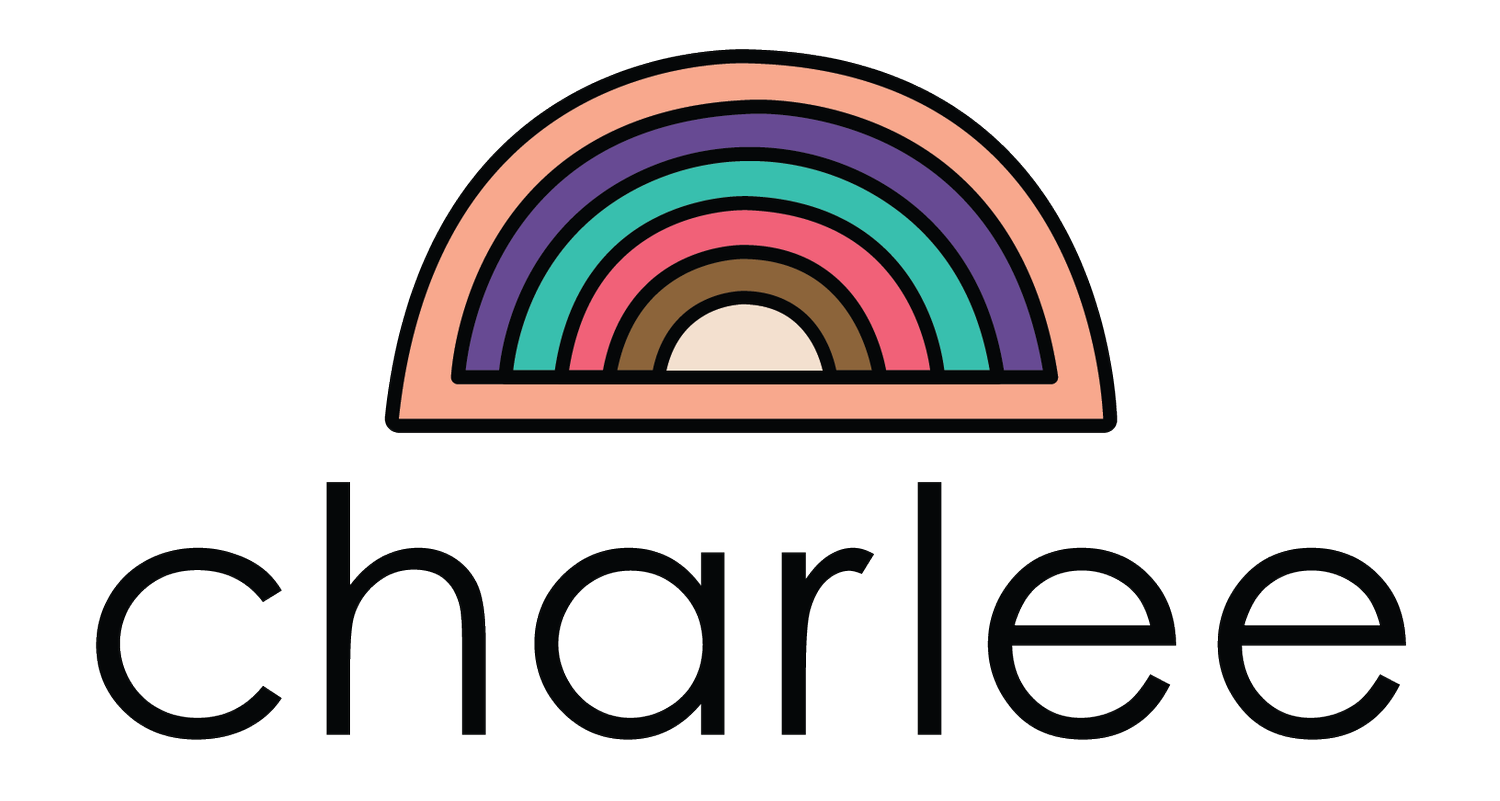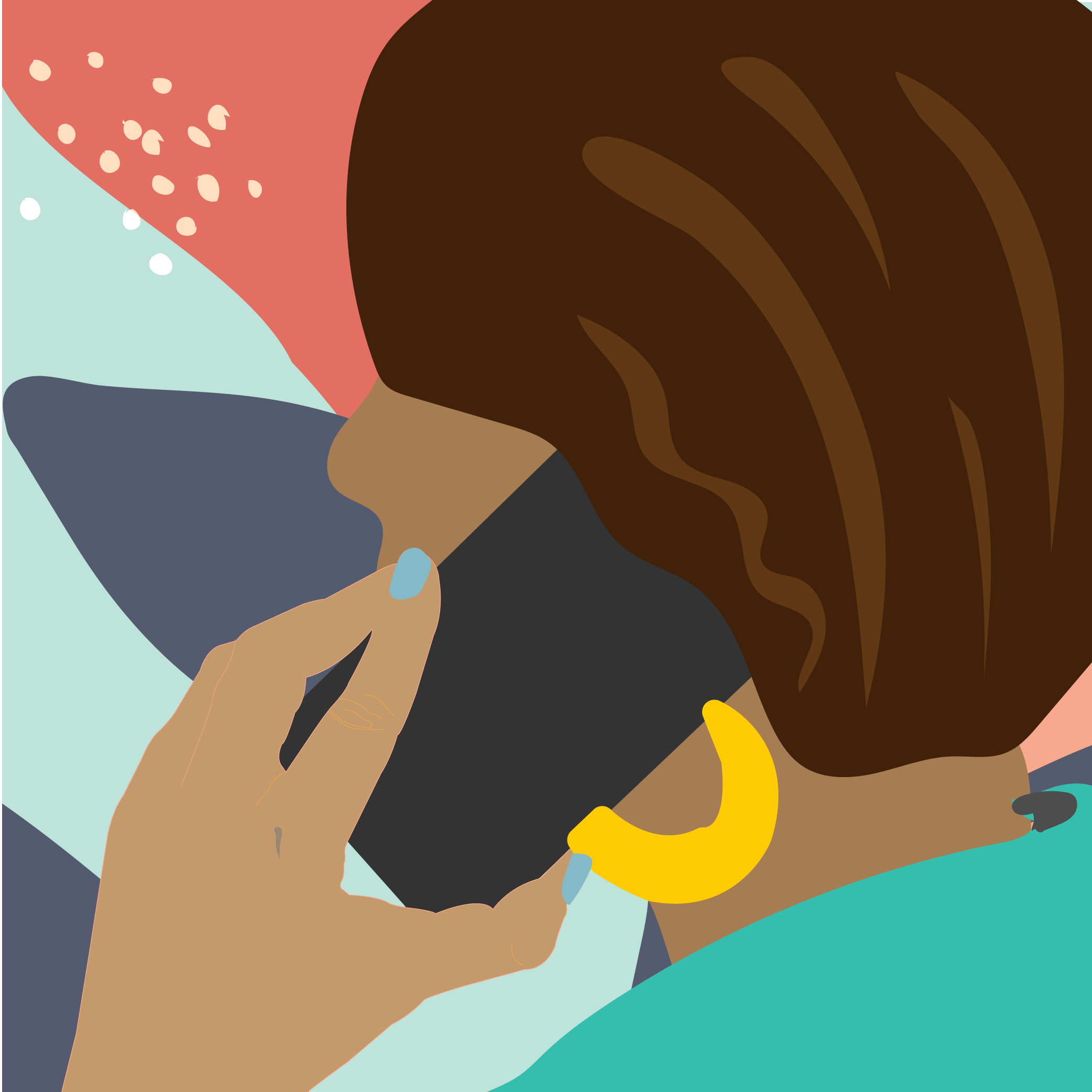
Finding the right support
Recognising and naming when we need support is an important and big step in a recovery journey.
Getting started and finding the right kind of support can feel like a really difficult task. The support that’s best for you will largely depend on what you’re experiencing, and what type of support is going to feel most beneficial for you right now.
Keep in mind that whichever avenue of support is best for you, it may take some time to find the professional who is right for you. Research is important so you can get a sense of the main issues someone works with, what their background is, and what training they’ve covered. For example, if you’re looking for psychological support regarding your sexuality, and/or gender, it’s important that the psychologist you choose is an LGBTIQA+ ally (or identifying) and has an understanding of LGBTIQA+ issues. Sometimes you may need to try out several different services or practitioners to find the right one for you.
Peer Support Worker
Getting support for your mental health from a Peer Support Worker can take place within formal or informal settings. Peer support workers draw from their own similar experiences to provide you with support that’s based on a shared understanding. For example, a LGBTIQA+ person who has past experience of alcohol misuse might provide support to another LGTBIQA+ person currently accessing a support service for alcohol and/or other drug use.
Peer support can also take place anonymously, such as through teleweb. Through phone and online platforms, you can chat with someone who understands some of the complexities of what you’re going through, which may feel validating or like sharing with a friend, or helpful in further working through the situation and exploring next steps. If you want to try a service like this for LGBTIQA+ people, you can contact QLife:
QLIFE (every day, 3pm - midnight)
Ph: 1800 184 527
For referral to any of the above types of services, or for further information on other services (such as family violence or homelessness support services), please reach out to our Rainbow Door service to speak with a LGBTIQA+ trained professional who can navigate the system with you:
Rainbow Door (every day, 10am-5pm)
Ph: 1800 729 367
Text: 0480 017 246

Keep in mind that whichever avenue of support is best for you, services are diverse and it can sometimes take some time to find someone who is the right fit for you.
Support Worker
Support workers are professions who can provide emotional, social and practical support if you're experiencing challenging mental and/or health conditions. They may help you perform daily activities, such as food shopping or cooking.
Social Worker
Social workers are allied health professionals who can help with counselling, and also referrals into other services. They help you to overcome complex or crisis challenges, e.g. mental health issues, family violence, or homelessness.
Counsellor
Counsellors are trained professionals you can talk with about everyday issues. Counselling acknowledges that through the act of talking through issues, you can start to get clarity on them and how to approach them.
Counsellors may be a good option for you if the area you’re looking to work through is less complex (or does not need mental health diagnosis). A few counsellors offer sessions online using webchat or email making them more accessible for people who are Deaf, hard of hearing, have complex communication, or for those who prefer to communicate in ways other than face to face talking. Every counsellor should take into consideration your particular accessibility needs to ensure we have the best experience. (using interpreters and barriers to using)
Your GP
Getting support for your mental health from your GP can often assist you to work out the best plan and link you to supports. For people who have access to Medicare, you can ask your GP to write you a mental health care plan (MHCP). This MHCP enables you to seek the support of your choosing (such as a psychologist or a social worker) and have a portion of the costs reimbursed for up to 20 sessions per calendar year. If English is not your first language you can request a professional who is proficient in a language of your choice. This is also true for those who use Auslan. You can also request an interpreter. Aboriginal and Torres Strait Islander health services and mental health services are available if you are a First Nations person and prefer to access supports from these services. You can also request an LGBTIQA+ practitioner if that works best for you.
If you don’t have access to Medicare, or you don’t feel comfortable talking with your GP about your mental health that’s ok. Many support services allow for self-referral, and your GP doesn’t need to know about this at all. Perhaps you have a trusted friend you can ask to help you research different options for support and then reach out together? Here’s a list of LGBTIQA+ friendly health and wellbeing services that the Victorian Pride Centre have put together.
If you do not have access to Medicare and require a free service, Rainbow Door can link you with a professional counsellor for up to 8 free sessions. For more information about LGBTIQA+ health professionals, including GP’s, mental health professionals, Psychologists and Psychiatrists, you can reach out to our Rainbow Door service to speak with an LGBTIQA+ peer Helpline worker who can assist with suggestions of appropriate services:
Rainbow Door (every day, 10am-5pm)
Ph: 1800 729 367
Text: 0480 017 246
If you prefer to use an anonymous national service, you can contact:
QLIFE (every day, 3pm - 9pm)
Ph: 1800 184 527 or Webchat
Psychiatrist
A psychiatrist is a specialist medical doctor who assesses and treats complex mental health issues. They undertake comprehensive psychiatric assessments to arrive at an accurate diagnosis that considers the interaction between physical and mental ill health and your individual unique needs.
A psychiatrist develops a comprehensive treatment plan and provides shorter- or long-term care depending on your needs. Longer term care may include psychotherapy. Psychiatrists often work in collaboration with general practitioners and other health professionals to best meet your mental health and emotional needs. Not all mental health issues require medical treatment from a psychiatrist. Many people see counselors or psychologists first and are then referred to a psychiatrist if necessary. Discuss with your GP to decide if a psychiatrist is the right mental health practitioner for you.
Psychologist
Psychologists are trained in a variety of evidence-based treatments which they implement with you (usually) through talk therapy. These strategies are designed to help with a range of health problems and support you to understand yourself and improve the quality of your life.
Psychologists are helpful for a wide range of issues and are skilled in complex issues such as trauma or mental health disorders. A few psychologists offer sessions online using webchat making them more accessible for people who are Deaf, hard of hearing, or for those who prefer to communicate in ways other than face to face talking.

